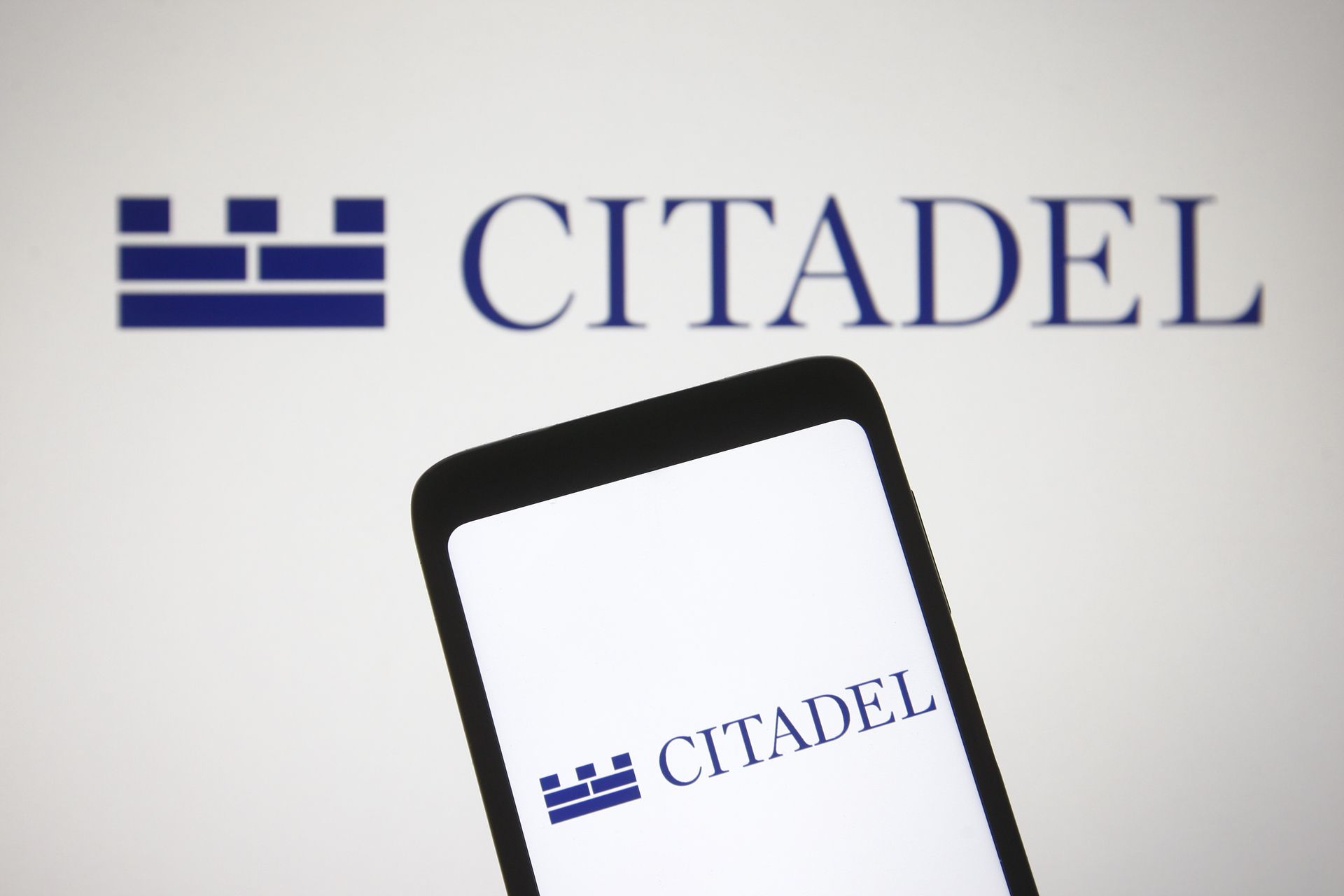- Quiver Quantitative
- Posts
- New: Quiver App Upgrade and More Congress Trading
New: Quiver App Upgrade and More Congress Trading
Quiver's app has a redesign and new features. Also, Congress buys NVDA while Citadel says retail surge is structural. Inverse Cramer up 5.43%
QUIVER PREMIUM
Check out our top Performing Strategies
Each week, we are highlighting the top Quiver Strategies trending right now:

In today’s edition:
DATA ROUNDUP
Google News Preferred Sources
Google just rolled out a new feature that lets you set Preferred Sources in Google News—so you can make sure the outlets and platforms you want updates from appear front and center in your feed. It’s a simple way to cut through the noise and follow the data and insights that matter most to you.

If Quiver Quant is a regular part of your research toolkit, we’d love for you to add us as a Preferred Source. That way, you’ll never miss our coverage of congressional trading, corporate data flows, or the market developments we track each week.
Quiver App Redesign & Update

We've rolled out several updates to improve the Quiver mobile experience. You can now create an account or sign in with Google for easier access across devices.
We've added a watchlist feature that lets you track your favorite stocks in one place, and it automatically syncs across all Quiver platforms. The stock pages have been redesigned with a cleaner interface that makes it easier to navigate and add stocks to your watchlist.
The app continues to provide real-time Congressional trading data, showing you recent transactions from lawmakers like their NVIDIA, AMD, and Uber purchases.
Coming in the next update: stock alerts that will notify you when there are updates on stocks you're following.
Insights from our Quiver App
POLITICS
Congress Trading
Congress is back in the spotlight as the Texas House moves to finalize new GOP-friendly maps—likely flipping as many as five seats before the 2026 midterms. After a two-week walkout, Texas Democrats returned to Austin under state escort, but with Republicans holding a strong majority, the redistricting plan is expected to pass swiftly.
In California, state leaders are pushing through their own map changes designed to offset any Republican gains coming out of Texas. With both sides escalating, control of the House next year could hinge on these high-stakes state maneuvers.
Meanwhile, the stock trading ban for Congress is back in the headlines. Treasury Secretary Bessent publicly endorsed the ban, adding pressure as the bill sits in committee. Leadership in both chambers remains divided, and despite broad public support, a floor vote is unlikely before the fall.
On the tech front, former President Trump has called for a national investment push into Intel, urging policymakers to boost U.S. semiconductor manufacturing and reduce reliance on overseas supply chains. His remarks are fueling speculation around new subsidies or major public-private investments in chipmaking, with potential ripple effects for tech stocks and domestic manufacturing agendas.
All eyes are on disclosure season—don’t be surprised if lawmakers shift exposures in real time as the political gameboard changes. Next up: how these power plays are showing up in Congressional portfolios.

We want to highlight Databricks new fundraising round at $100B valuation. Last year, Nancy Pelosi (D) disclosed investing over $1M in Databricks. The company is headquartered in San Francisco, her congressional district.
With President Trumps announcement that the U.S. government is considering buying a 10% stake in Intel, we wanted to mention that Rep. Tim Moore (R) bought Intel stock on July 29th. Moore is up 15% since the purchase of (INTC) vs a flat S&P 500 barely down -0.33%
Rep. Cleo Fields (D) just filed on August 6th over a million dollars in stock purchases:
Purchased up to $100k in Robinhood stock , he made this purchase of (HOOD) while sitting on the Financial Services Committee and is up +6.22% vs an S&P 500 +0.67%
Purchased up to $350k of Palantir and is up +15.86% due to (PLTR) recent earnings vs an S&P 500 down -0.61%.
Purchased up to $600k of Microsoft stock and is up +2.94% on this (MSFT) trade vs an S&P 500 down -0.35%.
Lobbying:
Facebook has filed $5.7M in lobbying over the last quarter. This is more than any other company we track.
Here are some of the companies which are spending the most on lobbying in the last quarter, per our estimates:
Meta (META)-$5.7M
Merck & Co (MRK)-$4.98M
Bristol-Myers (BMY)-$4.7M
Amazon (AMZN)- $4.46M
Lockheed Martin (LMT)-$3.89M
NEWS
Citadel’s Rubner Says Retail Momentum Is Structural, Not Cyclical

OpenAI on Thursday unveiled GPT-5, its most advanced AI language model to date, Citadel Securities strategist Scott Rubner sees retail traders pulling back from their heavy pace of stock buying in September, before resuming activity later in the year. Individual investors have been net buyers of equities in 16 of the past 18 weeks and net buyers of equity options for 16 consecutive weeks, according to Citadel data. Rubner called the trend “structural, not cyclical,” suggesting the momentum reflects deeper consumer engagement with markets rather than a short-term fad.
Historically, retail flows slow during late summer, with September marking the weakest month of participation since 2017, Citadel data shows. Rubner argued that this year will follow a similar pattern, with buying intensity easing after robust June and July inflows. Still, he expects demand to return by year-end, echoing a pattern where persistent dip-buying has repeatedly supported market recoveries. The phenomenon has drawn increasing attention from Wall Street, given retail investors’ growing influence on indices like the S&P 500.
Market Overview:
Retail traders net buyers of stocks in 16 of past 18 weeks
Options activity hit 98th percentile, 34% above 12-month average
September historically marks retail’s weakest participation month
Key Points:
Citadel’s Rubner says buying surge is structural, not cyclical
Retail dip-buying lifted S&P 500 from April swoon to records
Top investor favorites include Tesla, Nvidia, and UnitedHealth